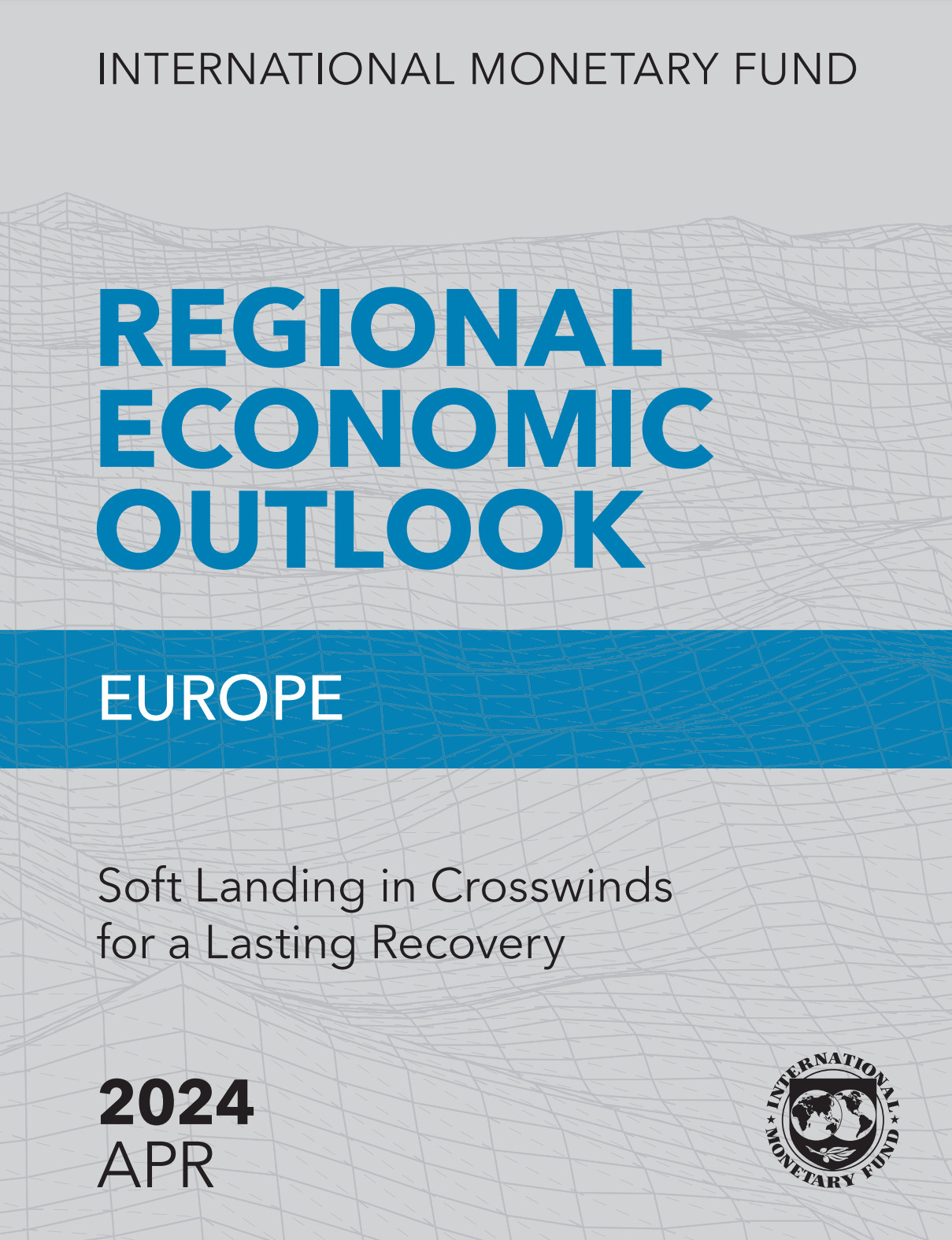This web page presents information about the work of the IMF in the Republic of Türkiye, including the activities of the IMF Resident Representative Office. Additional information can be found on the Republic of Türkiye and IMF country page, including IMF reports and Executive Board documents that deal with the Republic of Türkiye.
Our Office
The IMF opened its office in Ankara in 2000. The office follows economic developments and policies in the Republic of Türkiye, liaises between the Turkish authorities and the IMF staff in Washington, and coordinates IMF technical assistance. It is also a source of information about IMF views for the public, local and foreign analysts, investors, academic and research institutions, and Republic of Türkiye's international partners and their diplomatic missions.At a Glance : Republic of Türkiye's Relations with the IMF
- Current IMF membership: 190 countries
- Date of Republic of Türkiye's membership: March 11, 1947
- Quota: SDR 4658.6 million (0.98 percent of total)
- The 2022 Article IV Consultation was discussed by the Executive Board on January 18, 2023
- Recent Technical Assistance
Office Activities
-
IMF Statement on the Staff Visit
An IMF technical team will pay a routine visit to Türkiye at the end of September to hold discussions with the Turkish authorities in preparation for the Article IV Consultation. The visit would also be an opportunity to exchange views on recent economic developments, outlook, and macro financial policies. The IMF has received no indication from the Turkish authorities that they are contemplating a request for Fund financial assistance.
August 28, 2023
-
June 11, 2021
-
IMF Executive Board Concludes 2021 Article IV Consultation with Turkey
June 11, 2021
-
Turkey: Staff Concluding Statement of the 2021 Article IV Mission
January 25, 2021
IMF’s Work on the Republic of Türkiye
-
Labor Market Gender Gaps in Türkiye: A Bird’s Eye View
August 9, 2024
Author/Editor:Silvia Domit | Damla Kesimal
Series:Working Paper No. 2024/171 -
IMF Staff Concludes Staff Visit to Türkiye
October 6, 2023
“Despite the tragic earthquakes in February, growth has remained resilient and should reach 4.0 percent this year. With policies turning appropriately less accommodative, growth is projected at 3¼ percent in 2024 while inflation is forecast to fall to 46 percent at end-2024 from 69 percent at end-2023 as exchange rate pressures ease but backward-looking wage increases and expectations remain. As confidence builds, the demand for gold is expected to decline, thus reducing the external current account deficit (3.1 percent of GDP in 2024 versus 4.1 in 2023). This, together with better prospects for inflows including from official sources, should reduce pressure on reserves. Gross reserves reached $122.5 billion at end-September, but net of on- and off-balance sheet short-term liabilities remain negative.
-
August 18, 2023
Türkiye made impressive economic gains over the past two decades. In the early 2000s, broad-based macroeconomic and structural reforms supported income catch-up towards advanced economies, poverty reduction, and marked disinflation. This moved Türkiye firmly into the upper middle-income bracket, while lifting nearly 30 percent of the population out of poverty. In recent years, however, as reforms waned, productivity gains slowed, and growth became increasingly dependent on externally-funded credit and demand stimulus. The newly-adopted Türkiye Economic Model—comprising low interest rates as well as a complex set of regulatory measures to direct credit to selected sectors and promote greater use of the lira in the economy—has exacerbated vulnerabilities.
-
IMF Executive Board Concludes 2022 Article IV Consultation with Türkiye
February 15, 2023
On January 18, 2023, the Executive Board of the International Monetary Fund concluded the consideration of the 2022 Article IV Consultation and the Financial Sector Stability Assessment with the Republic of Türkiye.
-
Republic of Türkiye: 2022 Article IV Consultation-Press Release; and Staff Report
January 18, 2023
Series:Country Report No. 2023/303
Regional Economic Outlook
April 19, 2024

A soft landing for Europe’s economies is within reach. Securing the baseline of growth with price stability will require careful monetary policy calibration. Faster fiscal consolidation would ensure buffers are adequate to tackle future shocks, while structural fiscal reforms would help address mounting long-term expenditure pressures. Beyond the near-term recovery, raising potential growth prospects calls for efforts at both the domestic and European levels. Measures should aim to raise labor force participation, prepare the workforce for looming structural shifts, set an enabling environment for private investment, and promote innovation on a level European playing field—especially when it comes to the green transition, including through a strong commitment to carbon pricing. Greater European integration would amplify the effect of these reforms. Formulating an ambitious set of growth-enhancing reforms should be a key priority of a new EU commission.
Read the Report
Useful Links and Archive
Ministries
Presidency of the Republic of Türkiye
Ministry of Treasury and Finance
Ministry of Family and Social Services
Ministry of Energy and Natural Resources
Budget and Strategy Directorate
Data Sources
Ministry of Treasury and Finance
Budget and Strategy Directorate
Banking Regulation and Supervision Agency
Capital Markets Board of Türkiye



